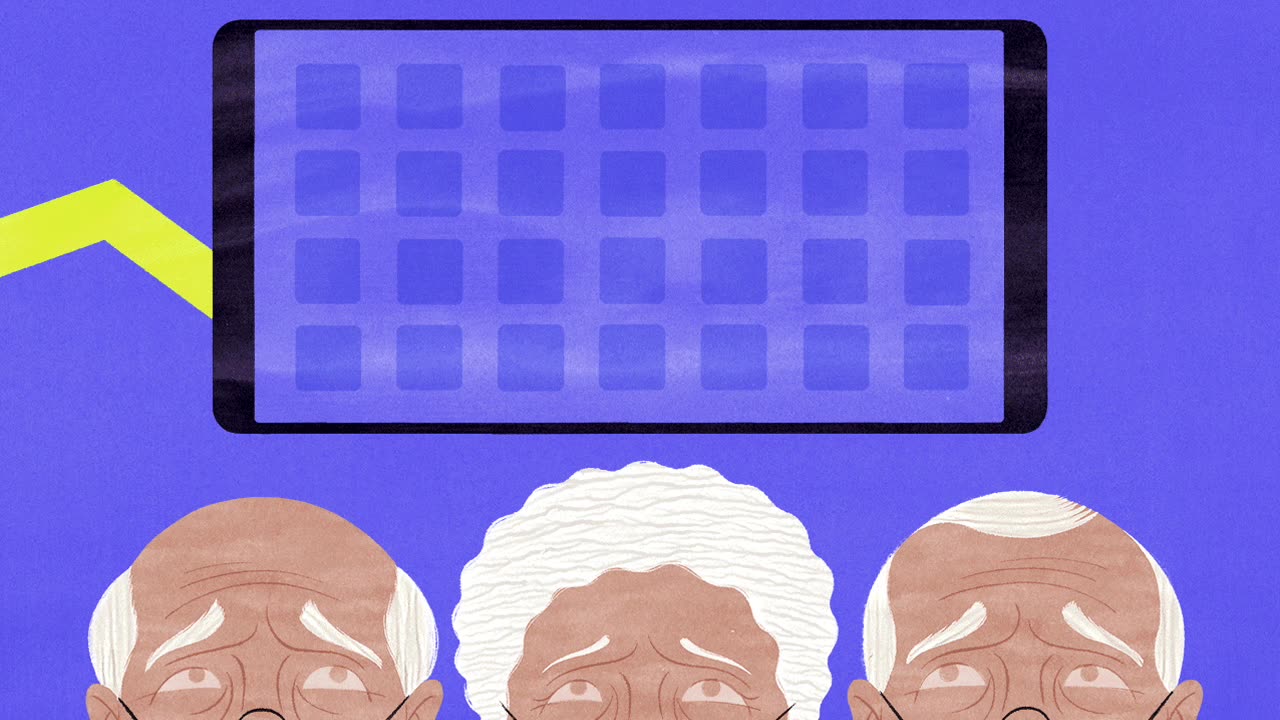Premium Only Content

Healthcare Providers delay death for more money? Charlie Munger says patients like african carcass
Billionaire Investor Charlie Munger exposes the flaws and moral issues within the U.S. healthcare system. Munger's bold statements shed light on the rampant waste and inefficiencies plaguing the medical field, ultimately affecting the lives of millions.
In a gripping analogy, Munger compares the experience of a dying patient in American hospitals to a carcass on the plains of Africa, surrounded by vultures and scavengers. He paints a bleak picture, calling attention to the urgent need for change.
Despite attempts to address these issues, including the establishment of Haven Healthcare by Berkshire Hathaway, Amazon.com Inc., and JPMorgan Chase, the venture fell short of its objectives. However, some startups, like iRemedy, are utilizing artificial intelligence (AI) technology to streamline the healthcare supply chain, offering hope for a more efficient and affordable system.
Munger's decades of experience as the board chairman of Good Samaritan Hospital in Los Angeles fuel his criticism of the exorbitant costs and absurd practices within the medical care industry. In interviews, he boldly claims that some medical providers artificially prolong death for profit, highlighting the urgency for reform.
Furthermore, we explore Munger's prediction that a push for a single-payer healthcare system may arise when Democrats gain control of all three branches of government. He emphasizes the need for a complete change, backed by the government, to address the severe issues plaguing the current system.
Munger's longtime investing partner, Warren Buffett, echoes his concerns, referring to healthcare spending as a "tapeworm on the economic system." Both believe that substantial contributions from the private sector can aid in reducing costs.
Our investigation also reveals the alarming reality of medical debt in the United States, with over 100 million Americans burdened by its weight. Contrary to popular belief, the majority of those struggling with medical debt are not uninsured but underinsured, lacking sufficient coverage to protect them from high out-of-pocket expenses.
Join us as we uncover the truth behind the healthcare crisis and explore potential solutions to alleviate the financial strain on millions of Americans. Don't miss out on this eye-opening report.
-
 1:08:16
1:08:16
Tactical Advisor
1 day agoNEW Budget Glocks | Vault Room Live Stream 011
140K11 -
 16:30
16:30
SNEAKO
1 day agoNO FRIENDS IN THE INDUSTRY.
173K73 -
 6:19
6:19
BlackDiamondGunsandGear
1 day agoHow Fat Guys can Appendix Carry
121K16 -
 6:58
6:58
Gun Owners Of America
1 day ago2024 Was Huge For Gun Rights, Here's Our Top 10 Wins!
97.2K9 -
 15:50
15:50
Degenerate Jay
2 days ago $2.26 earnedJames Bond Is Being Ruined By Amazon? Make Him A Black Gay Woman?
75.1K17 -
 15:18
15:18
DeVory Darkins
1 day ago $29.73 earnedTrump Drops NIGHTMARE Warning on Joe Biden
89.6K102 -
 36:13
36:13
The Why Files
1 month agoAlien Implants Vol. 1: Devil’s Den UFO Encounter: What Was Found Inside Terry Lovelace?
102K46 -
 9:03
9:03
Alabama Arsenal
2 days ago $1.44 earnedAAC HUB 2K | Modern Features, Iconic Classic Looks
31.5K2 -
 13:49
13:49
Dermatologist Dr. Dustin Portela
2 days ago $1.57 earnedDermatologist Reveals the Worst Things To Do To Your Skin
23.2K15 -
 1:02:24
1:02:24
PMG
1 day ago $1.02 earned"Hannah Faulkner and Jamie Villamor | DEFEND, INSPIRE, INFLUENCE"
13.1K